Derbyshire campaigner Wendy Watson looks back on 25 years of the National Hereditary Breast Cancer Helpline
and live on Freeview channel 276
Wendy was just 37 when, in 1992, she became Britain's first woman to have both breasts removed in a desperate bid to halt the disease which had devastated three generations of her family.
She knew of nine relatives who had breast cancer.
Following her surgery Wendy, of Wingerworth, was contacted by two sisters whose family members had also suffered from inherited breast cancer who had seen her on a Channel 4 documentary.
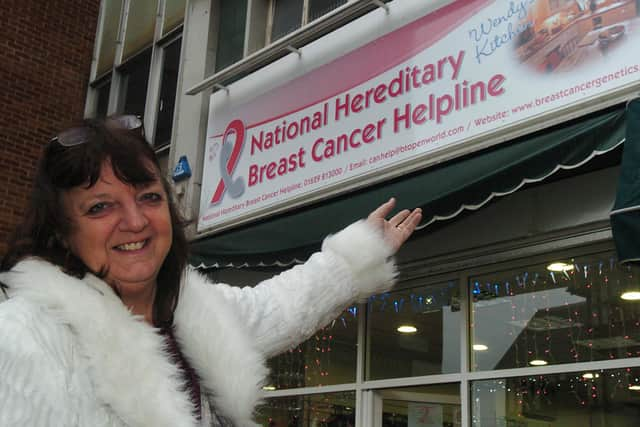

Advertisement
Hide AdAdvertisement
Hide Ad"I promised to help them,” Wendy said. “First of all I rang their professor up in Nottingham. He was extremely rude and said just because I’d been on television did that mean that I thought I knew more about his job than he did?
"I said it wasn’t anything to do with that and that I could understand how they felt. He wouldn’t entertain it so I managed to get the girls referred to Manchester, where I’d been. However this professor pulled the plug on Nottingham funding it.
“The girls were devastated so I promised I would do something. I didn’t know what, but I was a singer so I got a song from EMI (originally Electric and Musical Industries), recorded it, set up my own record company, sold it to WHSmith and HMV, and raised enough money to get them going.”
Setting up the helpline
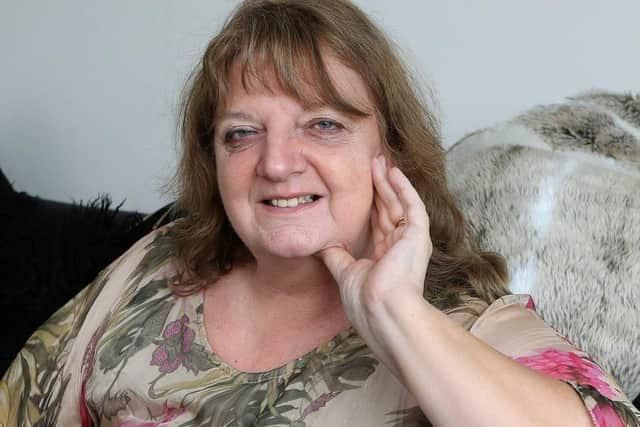

During this time, Wendy held the first-ever National Hereditary Breast Cancer awareness week to promote the record and drew support from across the board with Diana, Princess of Wales, among those who praised the inspirational campaigner for her work.
Advertisement
Hide AdAdvertisement
Hide AdAs the publicity grew however, and with more people becoming aware of the BRCA1 and BRCA2 gene, there became a real need for funding genetic services.
Wendy said: “I did a cost–benefit analysis of funding these services which I then sent via my MP to the health secretary Baroness Cumberlege. She said ‘I think she will push the area forward in a way that professionals perhaps can’t’.
"On the basis of my figures, she authorised specialist commissioning for genetic services so that it was funded centrally; it didn’t rely on each health board. But, she also asked me if I would set the helpline up and that’s how it came to be.”
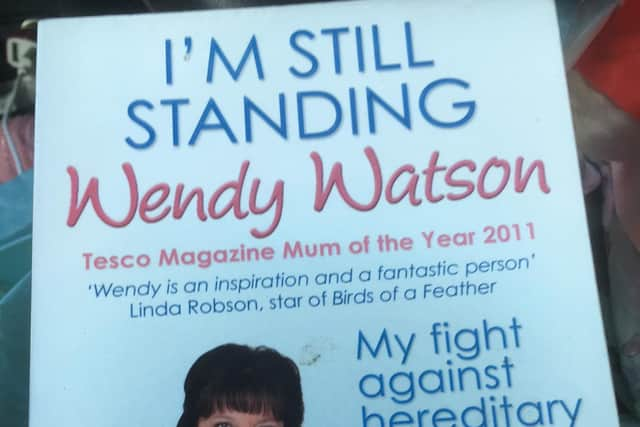

Wendy’s work to raised awareness of the BRCA gene and improve breast cancer treatment
In 1997, a year after the helpline was founded, Wendy went on to challenge a massive European Parliament lobby that was proposing to make genes patentable – saving millions on BRCA gene test costs and countless lives too.
Advertisement
Hide AdAdvertisement
Hide AdUnder the helpline, she also played an instrumental role in the 2001 moratorium to prohibit health insurance companies from asking for genetic information and using it to make decisions for life insurance.
“Unfortunately a lot of what I was doing within the helpline was going to battle with people’s own GPs to get them a referral,” added Wendy, who has fielded thousands of calls since the helpline began.
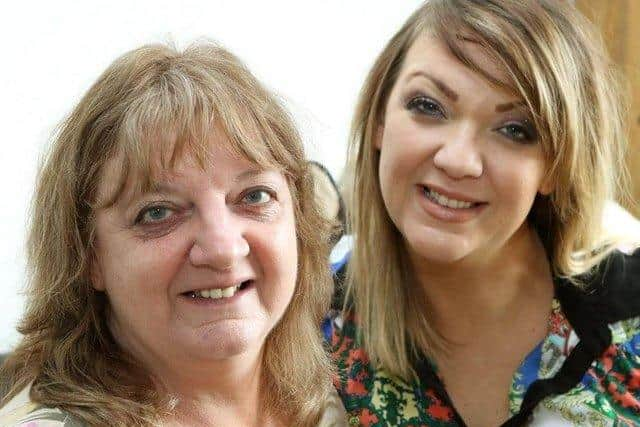

“I thought we would need NICE (National Institute for Health and Care Excellence) guidelines on that so I lobbied and they took it on as a topic for consideration.
"The outcome was a set of principles that people had to adhere to, so it got rid of the postcode lottery and when people rang the helpline, if they were having any difficulties with their GP, I could just give them the link to assist in accessing the relevant referral.”
Advertisement
Hide AdAdvertisement
Hide AdAs well as this, Wendy has been a speaker at many conferences including Breakthrough, Breast Cancer Care, Royal College of Nursing and sat on committees of several trials, including the MARIBS study into MRIs, and the European series of Psychological Impact of Genetic Testing for Breast Cancer.
In 2018 on the 70th anniversary of the NHS, she was also credited with changing the way breast cancer is treated.
All her work and knowledge has enabled her to support thousands of people throughout the 25 years of the National Hereditary Breast Cancer Helpline, helping them gain access to the relevant referrals and all the options, then receive full support no matter what their choice.
Wendy, who was awarded an MBE in 2012 for her work and named Tesco mum of the year, said: “We’ve managed to introduce preimplantation genetic diagnosis so that people can have a BRCA-free baby if they wish.
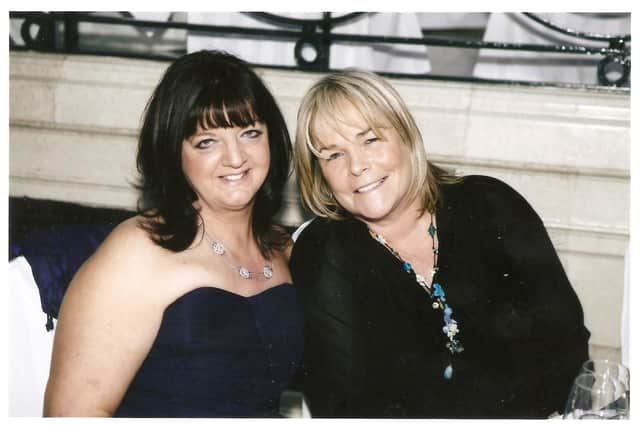

Advertisement
Hide AdAdvertisement
Hide Ad"Various drugs have now been introduced which help to prevent breast cancer, they’re not as effective as surgery but it’s another option for people.”
Looking back on the helpline and future plans
Speaking of the helpline, which is fully supported by most leading geneticists, she added: “It feels unbelievable to have been running the helpline for so long. It’s evolved massively, however it’s now more social media based.
“I can’t even believe it’s 25 years really. It seems so short a time. Every day there is somebody that needs you, it’s just nice to know that you’re helpful and it’s useful. It assists people in so many different ways.
"It’s not been easy because funding has always been an issue but I’ve kept going regardless.
Advertisement
Hide AdAdvertisement
Hide Ad"To save one life is a very nice thing but to know that you’ve saved thousands of lives is just mind blowing.”
To mark the 25th anniversary, the National Hereditary Breast Cancer Helpline will be hosting its annual ball at the Technique Stadium in Chesterfield on November 13.
The event – which has been unable to take place for the past two years due to Covid-19 – will feature a three-course meal, drinks reception, and music, and will act as the premiere for a new charity single written by Elliot Kennedy, who has worked with the likes of Gary Barlow and the Spice Girls.
For more information about the helpline visit www.breastcancergenetics.co.uk or to buy tickets to the ball phone 01629 813 000.
